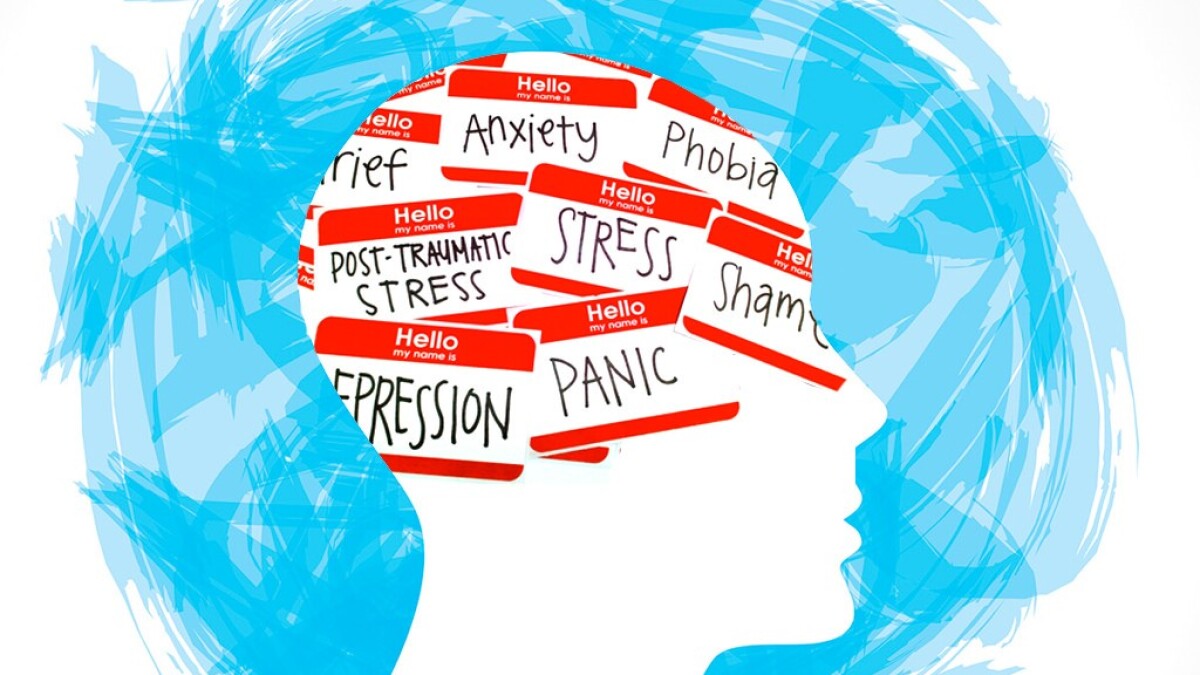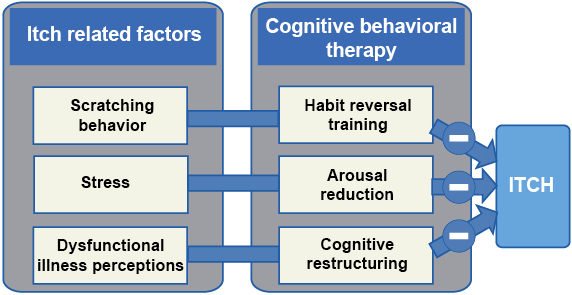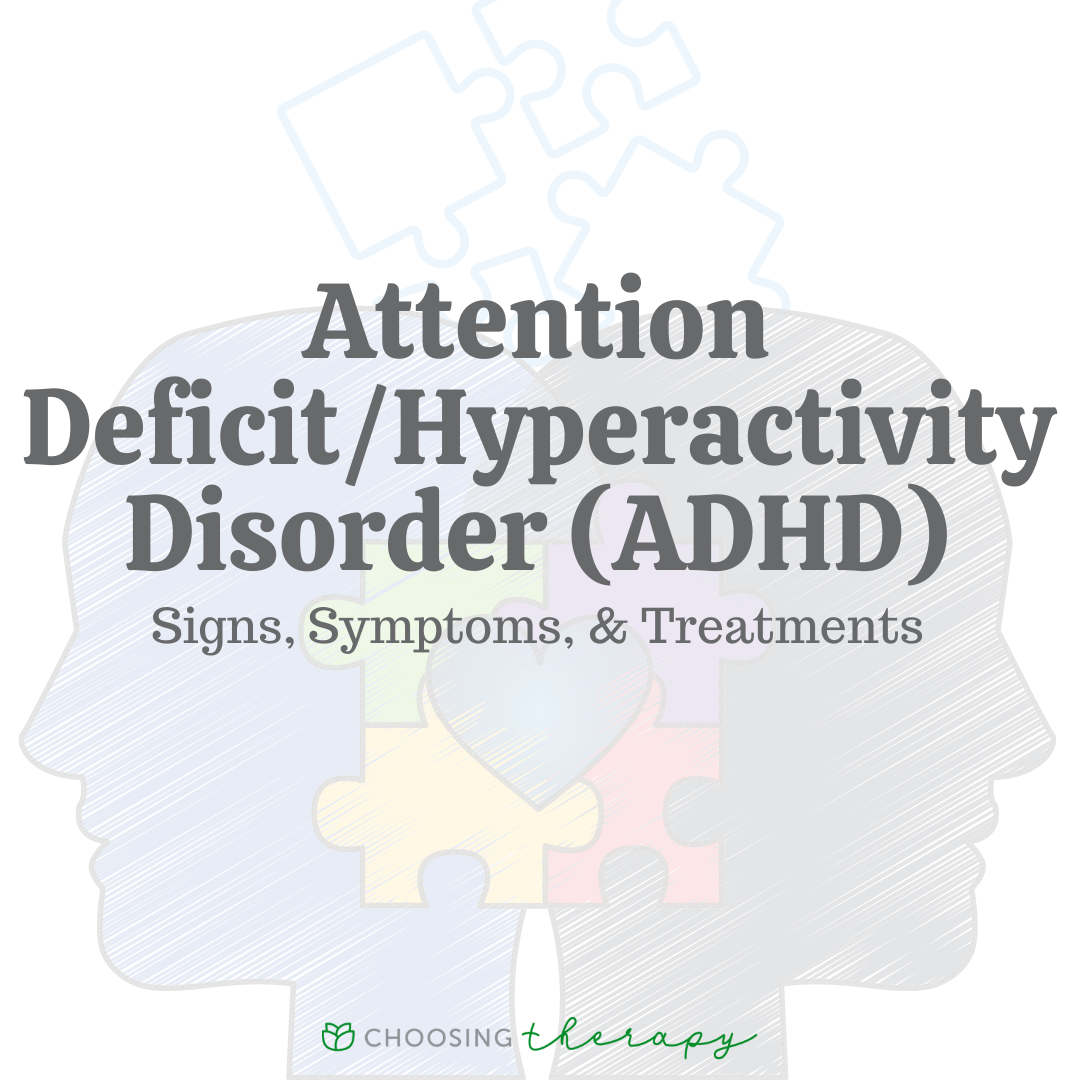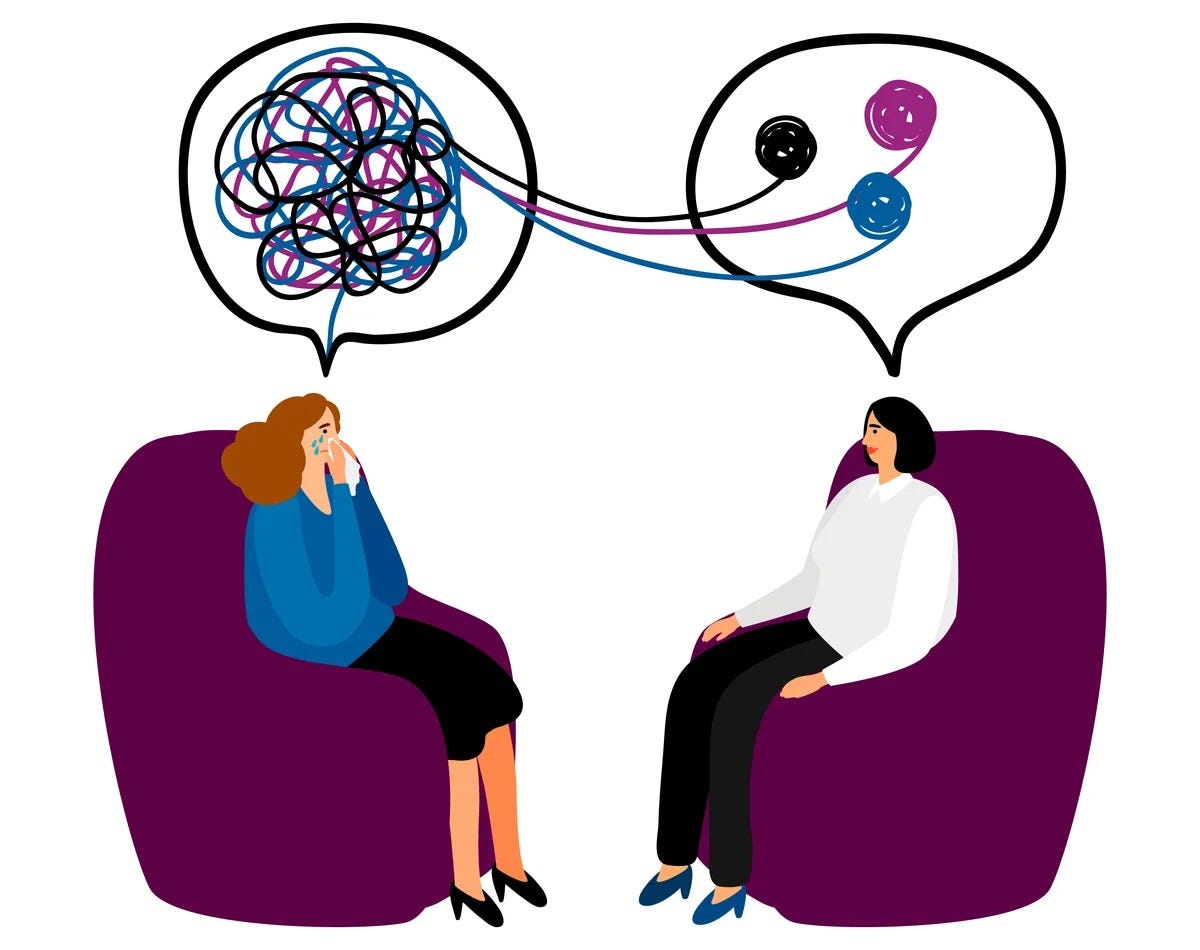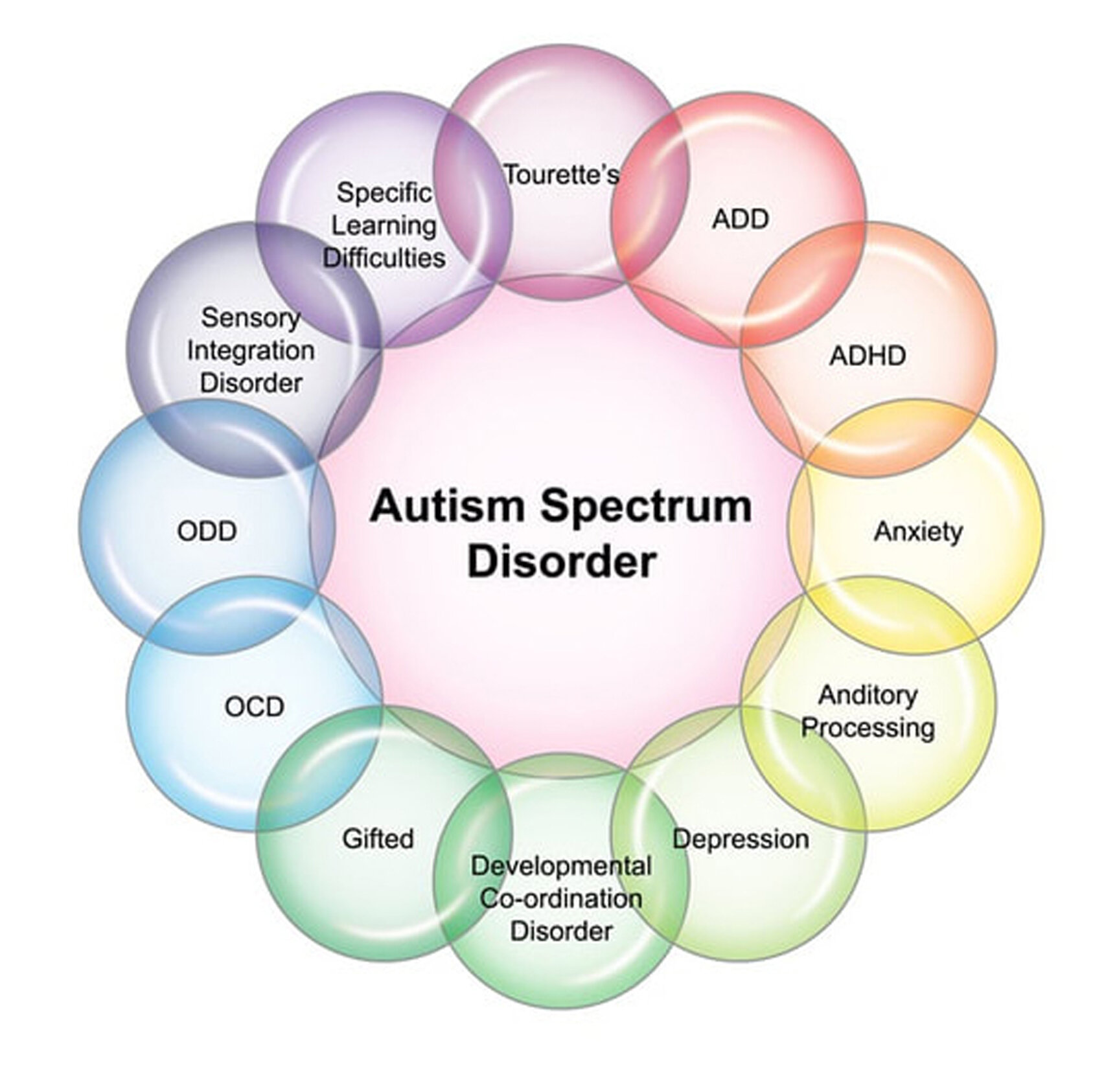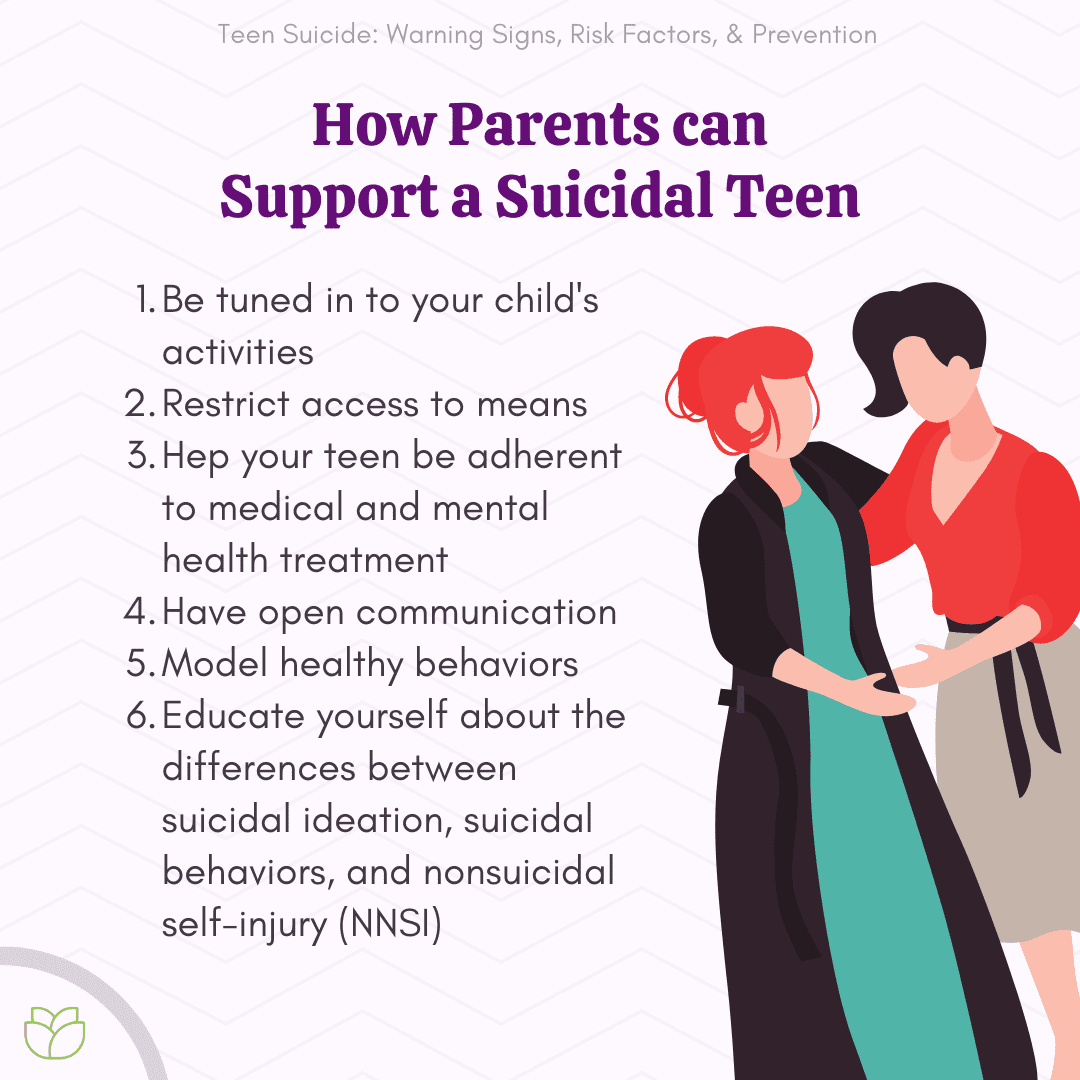The Busy Mom’s Guide to Wellness and Self-Care The reality is, most moms feel overwhelmed. Especially in a culture that doesn’t offer six months paid leave for new mothers. The secret to being a successful high-performing busy mom is having a plan. And that includes having a good organizational system in place, like meal planning on Sundays or using an app like WeekPlan to manage your schedule. 1. Take care of yourself. Self-care may sound indulgent or selfish, but it’s an important component of stress relief and wellness. When you…
Read MoreCategory: depression
Mental Health and Self-Esteem
Mental Health and Self-Esteem A person’s mental health can be a good indicator of their overall self-worth. Confidence is often a sign of a healthy mental state. It can also make it easier for a person to show affection and support their friends and family. There are many factors that contribute to a person’s mental health. These include personal and environmental risks. These determinants can either enhance or undermine mental health. Positive emotions Researchers have discovered that positive emotions, such as joy, happiness, interest, contentment, love, and gratitude, can be…
Read MoreHats For Trichotillomania
Hats For Trichotillomania People who have trichotillomania feel an intense urge to pull their hair, which can include the hair on their scalp, eyebrows or groin. This behavior can also include chewing or licking the pulled hairs, or playing with them. If you or your child have trichotillomania, it is important to see your doctor as early as possible. They can check that there are no underlying causes and refer you for cognitive behavioral therapy (CBT). 1. Wear a hat Many people with trichotillomania find that when they wear a…
Read MoreHabit Reversal Therapy For Tourette’s Syndrome
Habit Reversal Therapy For Tourette’s Syndrome Habit reversal therapy is an effective treatment for body-focused repetitive behaviors like excoriation disorder (skin picking) and trichotillomania (hair pulling). It also helps individuals manage their tics, which are sudden, involuntary movements or sounds. During sessions, clients build awareness of the unconscious behaviors and learn to recognize physical cues that precede their unwanted behavior. They then practice competing responses to the behavior. It is a form of behavioral therapy Habit reversal training, also known as HRT, is an effective treatment for Tourette’s and other…
Read MoreHow to Recognize Attention Deficit Disorder
How to Recognize Attention Deficit Disorder Having trouble sitting still, paying attention or controlling impulsive behavior can cause major problems at home, in school and at work. Symptoms continue into adulthood in more than three-quarters of cases. A person shows this presentation when he or she displays six or more inattention symptoms and also six or more hyperactive-impulsive ADHD symptoms. For example, they often lose things needed for tasks and activities or forget about appointments or errands. 1. Difficulty Paying Attention Everyone has trouble paying attention sometimes, but when it’s…
Read MoreTrichotillomania Treatment
Trichotillomania Treatment People with trichotillomania pull their hair out compulsively, often one strand at a time. They can also bite or chew their own hair and pick at their skin. They may also use camouflage techniques to hide their hair loss. Treatment options include medications and behavior therapy. Medications such as olanzapine and N-acetylcysteine have been shown to be effective. Behavioral therapies include habit reversal training and comprehensive behavior model (ComB) intervention. Medications There are some medications used to treat trichotillomania, although research on this is limited. These drugs may…
Read MoreWhat Is Cognitive Behavioral Therapy?
What Is Cognitive-Behavioral Therapy? Cognitive behavioral therapy focuses on changing negative thoughts and behaviors. It involves identifying and challenging distortions like overgeneralization, catastrophizing and rumination. It also involves practicing behavioral strategies that promote healthy responses. Developed by Aaron Beck in the 1960s, CBT posits that emotional conditions are caused by how people interpret situations rather than the events themselves. The treatment requires both the therapist and patient to be collaborative, committed and communicative. Cognitive-behavioral therapy (CBT) is a type of psychotherapy that focuses on changing the way people think. It…
Read MoreWhat Are the Symptoms of Autism Spectrum Disorder?
There is no cure for autism, but treatment programs can improve the outlook for children. These programs focus on teaching basic skills in a highly structured schedule of constructive activities. People with ASD often have trouble with social communication and interaction, or have restricted or repetitive behaviors or interests. Behavioral therapy can help control challenging behavior, such as tantrums or aggression. Causes The cause of autism is not known, but it has been linked to changes in certain genes. These genes affect how brain nerve cells, or neurons, communicate with…
Read MoreAutism Spectrum Disorder
Autism Spectrum Disorder People with autism spectrum disorder (ASD) often have social communication problems and repetitive behaviors. They also may have anxiety or depression. Many children with autism show signs in early childhood. They might seem normal for a while, then lose language and social skills they had at a younger age. Health care providers use screening tools to check for autism. They also can diagnose it based on guidelines in the Diagnostic and Statistical Manual of Mental Disorders. Symptoms Children with autism experience social, communication and behavioral challenges. They…
Read MoreWarning Signs of Teen Suicide
Warning Signs of Teen Suicide Whether your teen is having trouble in school, dealing with a breakup or struggling with peer pressure, it’s important to recognize the warning signs of suicide. Teens who are thinking about suicide often give their loved ones and trusted friends signs they are struggling. As a parent, teacher or friend, it’s your job to pick up on these warning signs and get help. 1. Changes in personality or behavior If your teen or young adult suddenly shows impulsive, unusual behavior, this may be indicative of…
Read More
